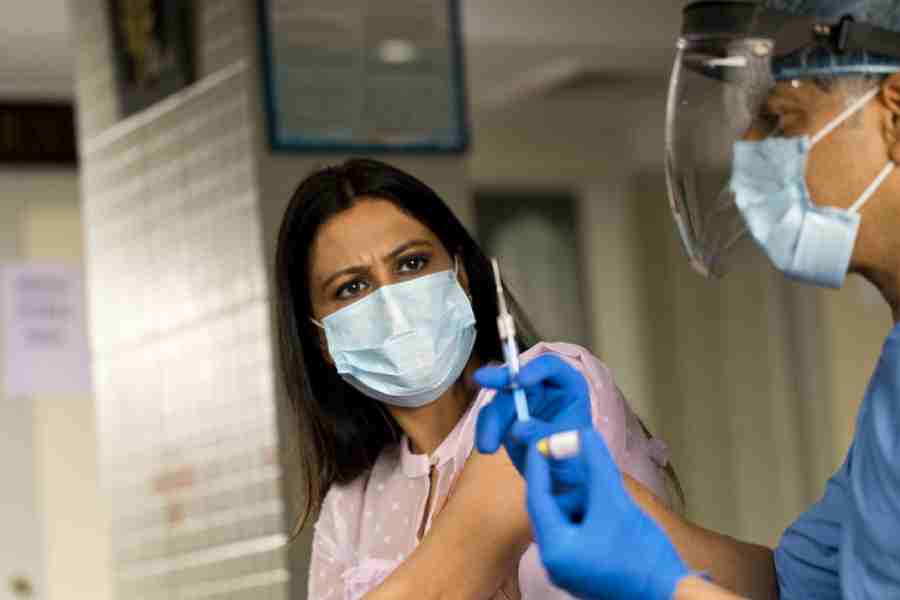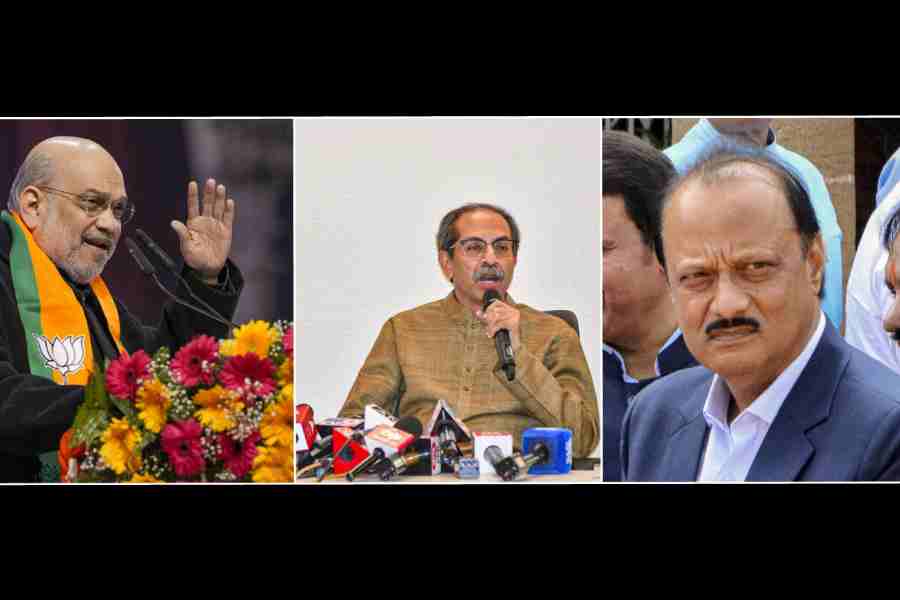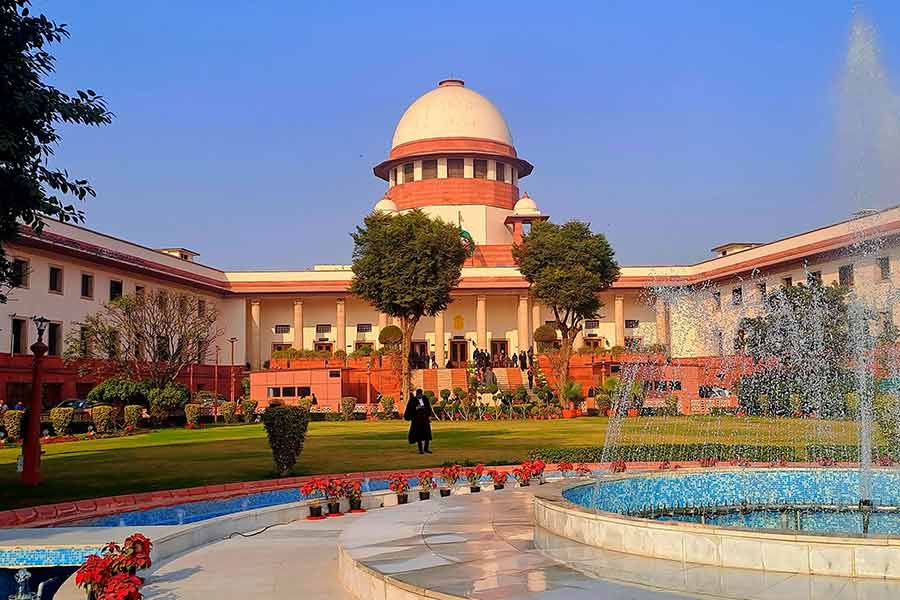In October, the Supreme Court had dismissed a public interest litigation on the side-effects of the Covid vaccines. In 2021, the world had seen the rollout of various Covid vaccine candidates. Bharat Biotech’s Covaxin and Serum Institute of India’s Covishield had been rolled out in India.
In 2020/2021, all Covid vaccines were authorised for emergency use. This meant that the necessary efficacy and safety follow-up had not been completed at the time. The originally approved trials, called 'randomised controlled trials', had a 'vaccine' group and a 'placebo' group for comparison. Such experimental comparison is the cornerstone of the scientific method. The vaccine trials were scheduled to conclude in late 2022/early 2023: Covaxin’s trial was expected to end in December 2022, while Covishield’s trial was scheduled to end in February 2023.
In a separate case, the Centre has argued that safety is not of concern now that “Covid is long gone [and] [V]accination is long over." Nothing could be further from the truth. The long-term comparison of the two groups, 'vaccine’ versus 'placebo', is absolutely essential for answering questions regarding speculations such as the association between the increase in heart attacks among the youth and the Covid vaccine. Incidentally, none of the Covid vaccines, including Covaxin and Covishield, that was originally approved for emergency use has completed the trial results.
The issue of long-term safety is important given that Indians have been administered emergency-use products. Despite the importance of the issue, the Supreme Court dismissed the PIL without even a hearing. Furthermore, the remarks made by the bench prior to the dismissal counter science and mathematics. The bench had remarked, “Because of the vaccines, we were able to deal with the pandemic.” But the known science behind immunology, which is the basis of vaccines, is that exposure to a virus (weakened by a vaccine or naturally) builds robust immunity. As of July 2021, a substantial number of Indians had been exposed to the virus naturally; only 10% of the population had been given the vaccines at the time. Therefore, the claim of vaccines helping in dealing with the pandemic could be contrary to known science.
The claim also flies in the face of data from other countries that experienced wave after wave of Covid even after a much higher coverage of Covid vaccines. Two stark examples are that of Singapore and Australia that had suffered no major Covid waves until after 75% of their populations had been vaccinated. Worryingly, both Singapore and Australia have reported record levels of excess deaths in the years following mass Covid vaccination.
The apex court bench had also checked whether the counsel of the petitioner has had any side effects from the Covid vaccine. When the counsel replied in the negative, the bench dismissed the case. This reflects a flawed understanding. The counsel of the petitioner may not have suffered from vaccine side-effects. But that does not mean that the risk of vaccine side-effects is negligible.
What is the relative risk of death or serious health damage on receiving the Covid vaccine? The vaccine trials were conducted to answer this very question. None of the Covid vaccines that was originally approved for emergency use has completed trial results. The Supreme Court should therefore ask the Indian Council for Medical Research and vaccine manufacturers for the trial results.










